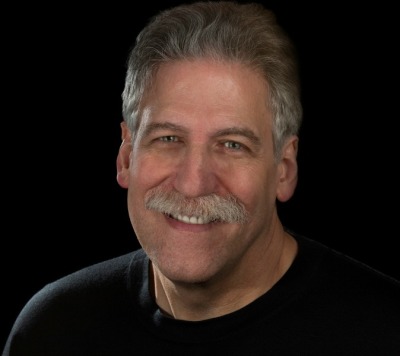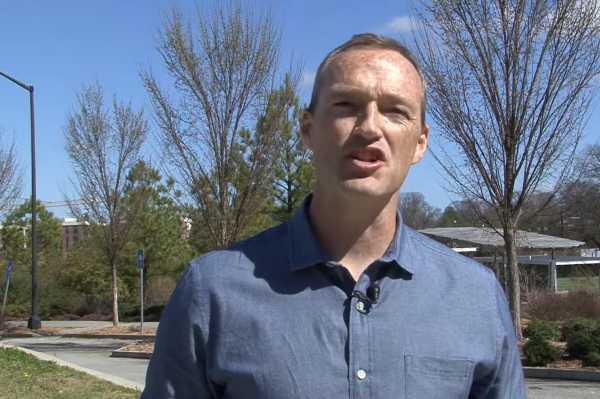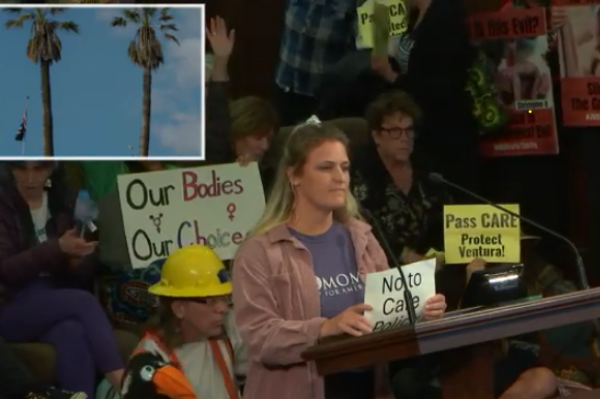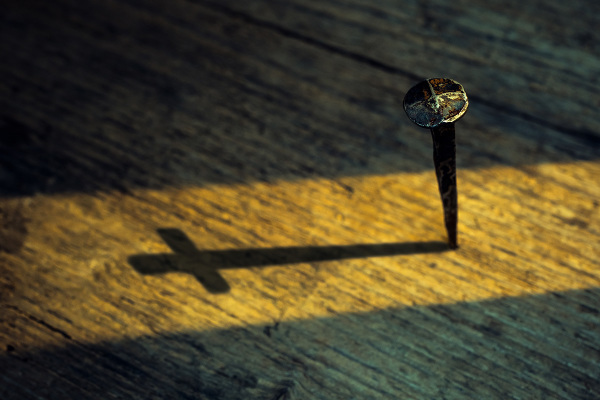Lessons From Ferguson, Missouri: Black, White Leaders Still Don't Get It

Like many Americans, I have carefully followed the news from Ferguson, MO involving the tragic shooting of an 18-year-old African American, with the notable exception that he carries my name. And so, every day, I'm reading about the shooting of Michael Brown and the death of Michael Brown and the autopsy of Michael Brown, all of which reminds me of the very real loss of life involved.
As I reflect on what is happening in Ferguson and interact with callers to my radio show, there are five obvious lessons to be learned.
1) The racial divide in America remains wide and deep.
According to a Rasmussen poll, "Fifty-seven percent of black adults . . . think police officer Darren Wilson [who shot Brown] should be found guilty of murder, compared to just 17 percent of whites and 24 percent of other minority Americans."
Similarly, a Pew Research Center poll found that, "Nearly two-thirds of blacks think the police have gone too far; just a third of whites said so. Three-quarters of blacks do not have confidence in the shooting investigation, but a majority of whites — 52 percent — do."
In stating the obvious, I am not ascribing fault to either side. I'm simply saying that there's no denying the width and depth of the racial divide in our country.
2) Much of white America still doesn't get it.
I have never been racially profiled. I have never been stopped by police while driving with my family because I looked like a suspect in a crime. I have never been treated violently by the police or treated unfairly by the court system.
That's because I am white. And so it's difficult for me to grasp fully why there is so much distrust of the legal system in black America or why there is so much hostility towards the police.
Looking back to the OJ Simpson trial, I still find it inconceivable that so many black Americans thought he was being framed by the police. Yet there was a reason that they believed this, and Ferguson reminds us that their life experience is often very different from the experience of white Americans or even other minorities.
Much of white America still doesn't get this, but the fact is that black Americans have been victims of injustice much more than we realize.
3) Much of black America still doesn't get it.
If Michael Brown was truly killed in cold blood (as opposed to him attacking and beating Officer Wilson), then the outrage of black Americans is quite understandable, especially if it reflects similar injustices that they have experienced at the hands of the police. Let injustice and violence be exposed, wherever they are found.
At the same time, a human life is a human life, and the number of black Americans killed unjustly by the police pales in comparison with the number of blacks killed by other blacks.
There are black women in Chicago who have lost child after child to gang violence – not police violence – and yet there are few, if any, protest marches in the streets and no activists bussed in from other cities to raise the cry.
There are black fathers whose babies have been killed by random gunshots – the result of some drug-related conflict or the like – and again, there are few, if any, protest marches in the streets.
White Americans look on and say, "Why so little outcry? Your precious kids are being decimated and destroyed."
Yet when a white cop allegedly murders a black youth, the outcry is incessant.
Many white Americans see something wrong with this picture, while many black Americans do not.
4) You can't call for due process and then want someone lynched.
In an interview with Jake Tapper on CNN, Ben Crump, the lawyer for the Brown family (and previously for the family of Trayvon Martin) stated that he wanted justice, making clear that Darren Wilson should be considered innocent until proven guilty in a court of law.
Crump also emphasized the need for a fair trial, raising concerns about the ability of the local law enforcement officials to conduct a fair hearing in the matter.
Yet in the same interview, Crump referred to Brown's death as that of "an unarmed teenager being shot and executed in broad daylight."
Well, which is it? Innocent until proven guilty, or already convicted, not only as a murderer but also as an executioner?
Let our justice system run its course, and if Wilson is clearly guilty or clearly innocent (I do hope it's clear one way or the other), let's accept justice, and that means not lynching the man in advance.
5) Black Americans deserve better leadership.
I'm sure there are countless thousands of fine black leaders throughout the nation, both spiritual and secular, including men and women in Ferguson. But on a national level, for each one who wants to help the cause of their people, there seem to be far more who want to exploit their cause.
Does anyone really think that the future of black America can be entrusted to Jesse Jackson and Al Sharpton? And can it be denied that the leadership of President Obama and Attorney General Holder has been racially divisive?
As a white American, not only do I grieve over the racial divide that still exists in our country, but I grieve (without pointing fingers) at the economic disparity between white and black America, at the number of black young men that have served time (or are serving time) in our jails and prisons, and at the high percentage of aborted black babies, just to name some of the most prominent issues.
Surely, this is not because of an inherent superiority of whites over blacks (God forbid), and so I long to see the day that the deeper societal problems are effectively addressed.
May God raise up new leaders for black America, and may white Americans stand together to bring about positive change in our nation.






















